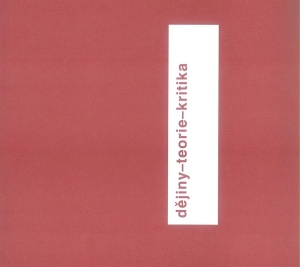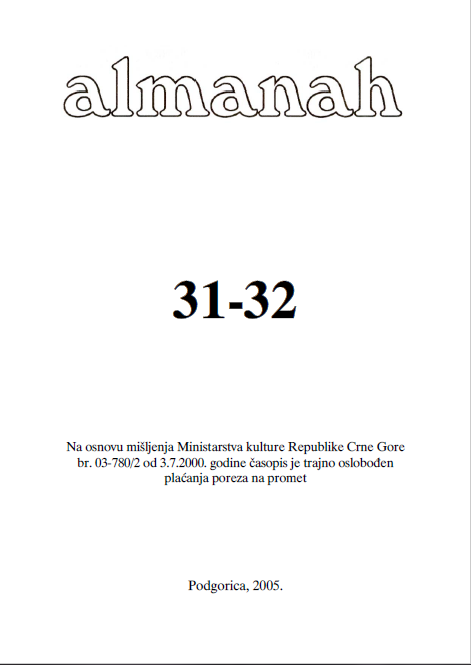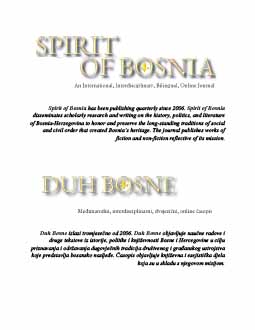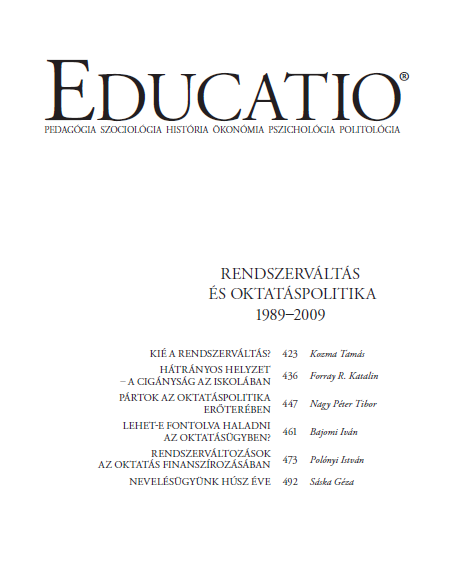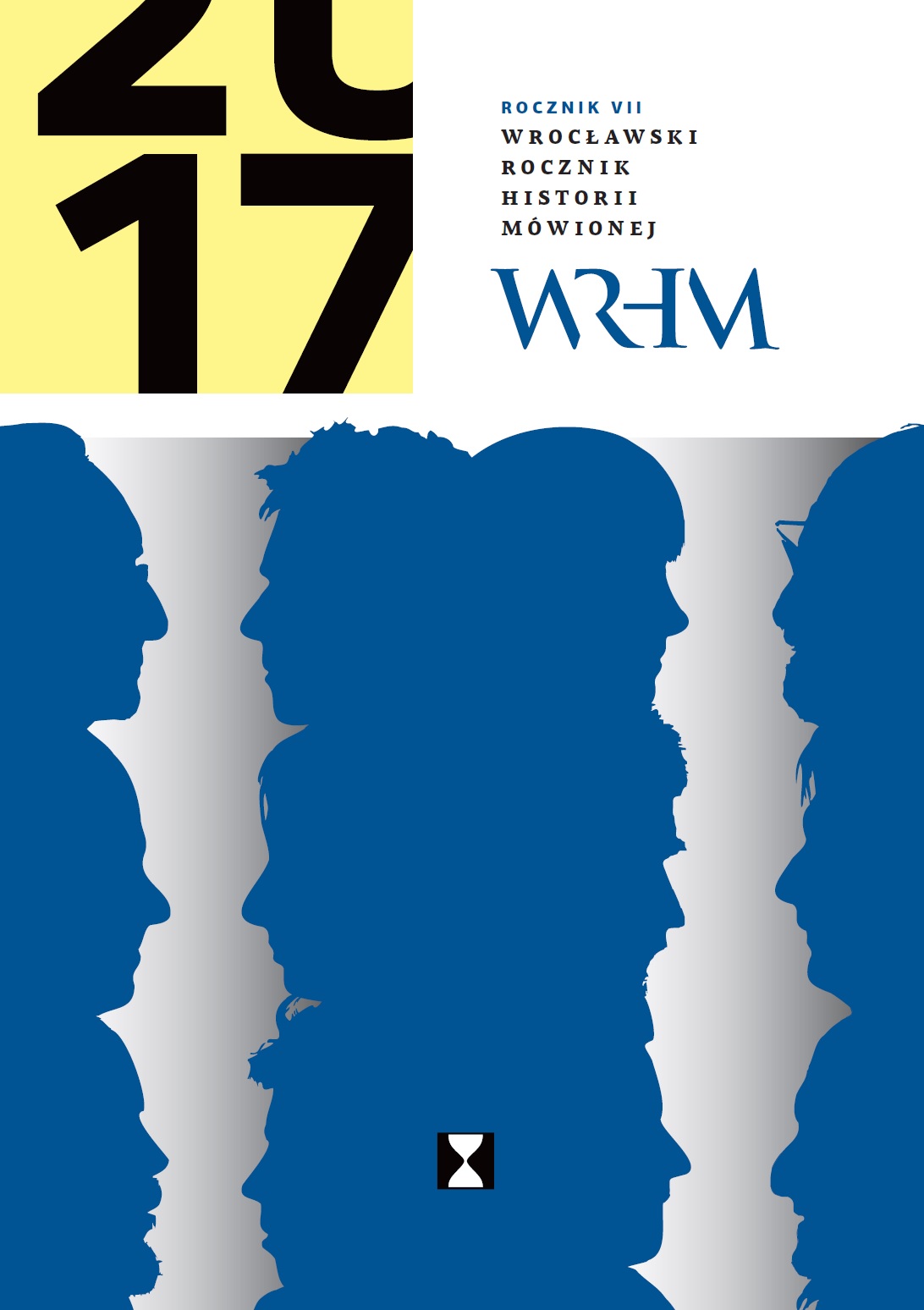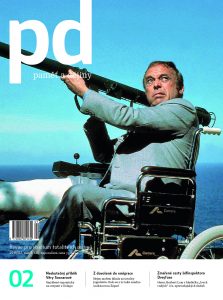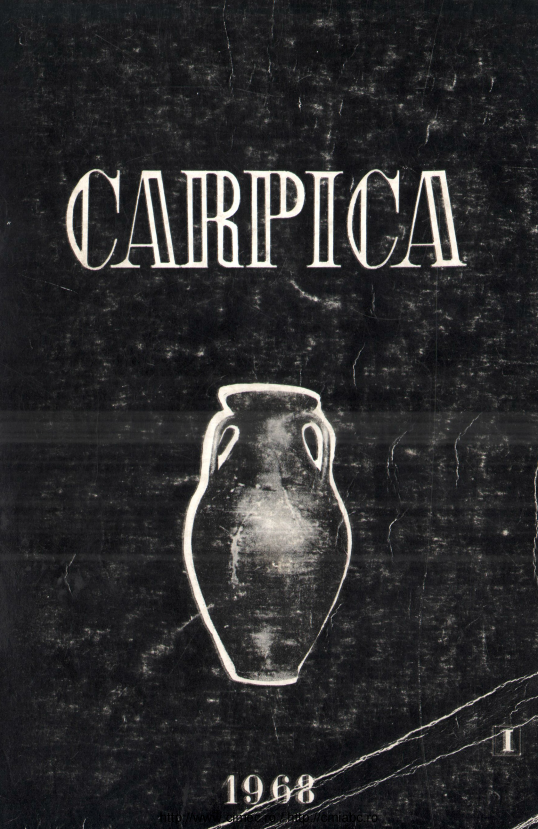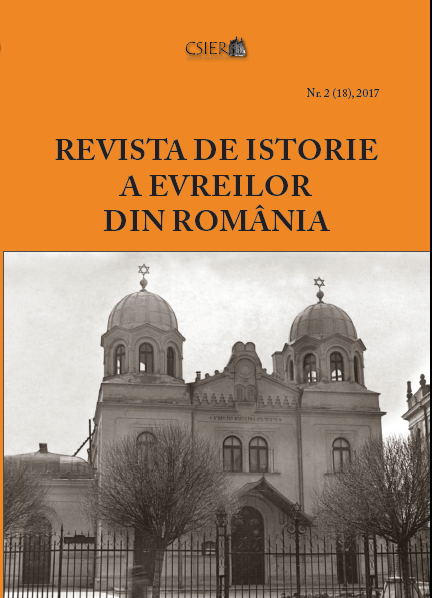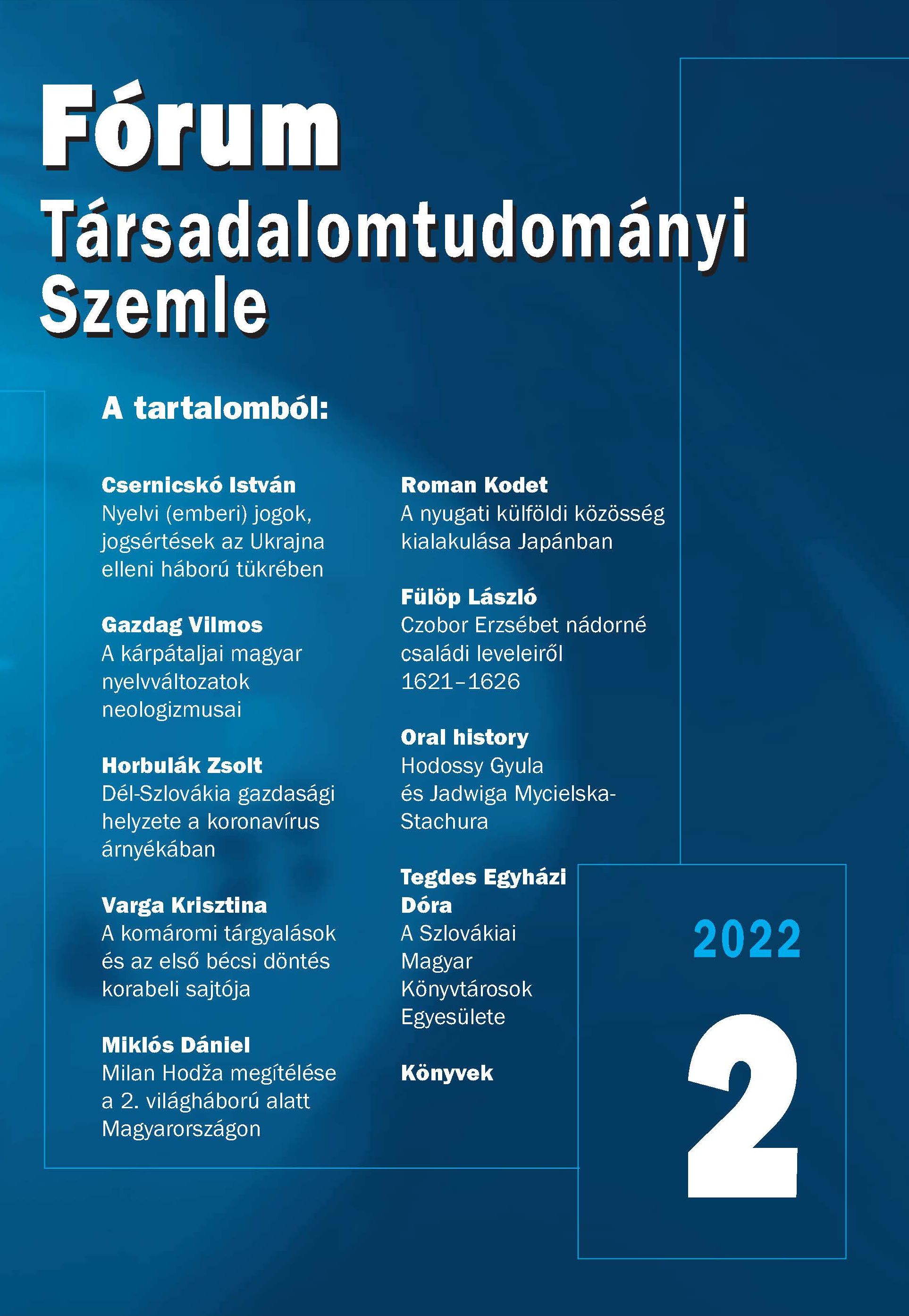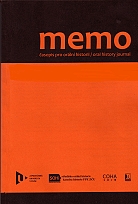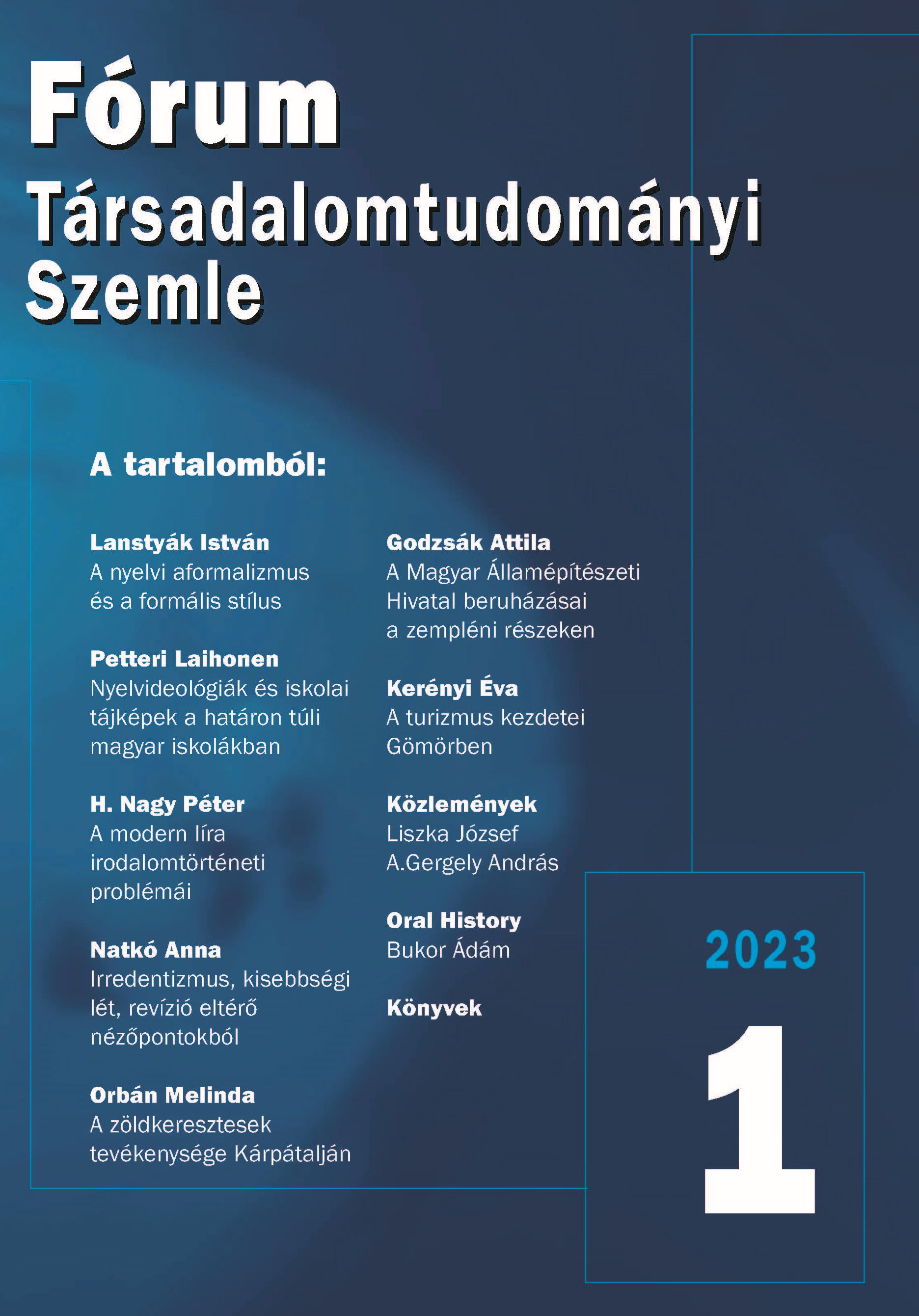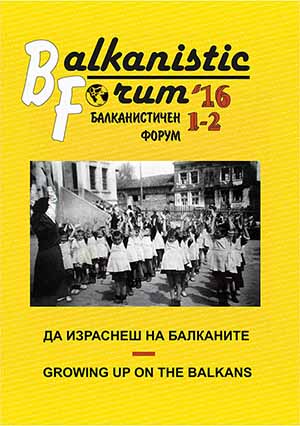
Възпитание на страха. Опит за автобиографично изследване на детството по време на комунизма
The text presents an ego document – an attempt of autobiographical research of childhood during communism. It was the time of the totalitarian fear in all spheres. Fear not even from a specific power but a fear from some anonymous unclear substance most often perceived as “they”. All of the social strata feared – the former bourgeoisie and the new ruling class, the victims and their executors. We also feared – we feared from ourselves. Fear was in the air. The most natural reaction after the end of communism was the oblivion of fear. The oblivion pushed the debate about communism into the periphery of memory and society. And in the freed space the nostalgia settled down.
More...
